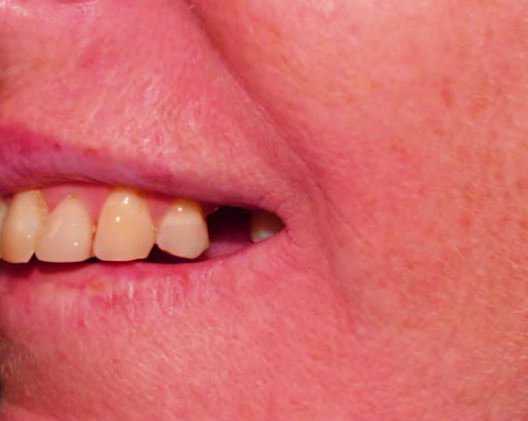 While we somewhat expect children to have a few gaps in their smile, missing teeth in adulthood is much more embarrassing. Who wants to show up to a job interview or a wedding without a full set of pearly whites? In some cases, the damage to a person’s self-esteem can border on crippling, especially if it’s a front tooth they are missing.
While we somewhat expect children to have a few gaps in their smile, missing teeth in adulthood is much more embarrassing. Who wants to show up to a job interview or a wedding without a full set of pearly whites? In some cases, the damage to a person’s self-esteem can border on crippling, especially if it’s a front tooth they are missing.
Fortunately, the recent advances in dental technology make this a bit less of an issue than before. People these days can even get dental implants in most clinics in a matter of weeks, if not days. Even dentures can at least help you smile with confidence.
You should always remember, though, prevention is always better than cure. Adults usually lose their teeth to one of three causes. What do you have to look out for?
Trauma
Brute force is always something to watch out for. Despite how strong your teeth are, an unfortunate trip or a well-placed elbow to the face can easily knock one out. People who regularly participate in contact sports are especially at risk of this, so wearing a good mouth guard should be a top priority.
Sometimes the trauma is due to habit, rather than accident. Using your teeth to open bottles, rip open packages, and other things besides eating definitely takes its toll. With enough time, you could end up seriously damaging your teeth. Unconscious clenching and grinding, or chewing ice have similar effects.
Fortunately, it is actually possible to save teeth knocked out by trauma. You have to act quickly, though; minimize handling of the root, gently rinse it to remove dirt, put it back into the socket (or some milk, if this is not possible), and immediately head to the nearest dentist.
Periodontal disease
This is the most common reason behind adult tooth loss, yet it is something that you can easily control and prevent. While there is not much you can really do if somebody tackles you and knocks a tooth out, periodontal disease is a very slow and gradual process that builds up over years.
You can prevent your gums from deteriorating through excellent oral hygiene. At the very least, you should be brushing your teeth multiple times a day, flossing after meals, and visiting your dentist on a regular basis. The last one is especially important, as they can detect if your teeth or gums are at any sort of risk.
Serious illnesses
Oral health and hygiene isn’t all you have to worry about. There are also other diseases that are not directly related to your gums, but can lead to tooth loss anyway as a secondary effect. Examples of these include:
• Osteoporosis
• Cardiovascular diseases
• Diabetes
• Cancer
The human body is a complex thing, and many of its parts are interconnected in ways you wouldn’t expect. If you want a great smile, it’s not enough to just brush your teeth every day – you also need to maintain good overall health.

